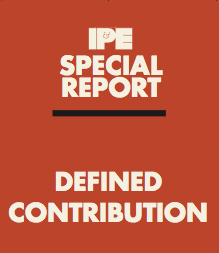Millions of UK workers will see their pension contributions increase from next week as part of the latest stage of the country’s auto-enrolment programme.
From 6 April, the minimum contribution for staff automatically enrolled into a workplace pension scheme will rise from 2% to 5%. This is made up of 3% from the employee and 2% from the employer.
Employees can pay less if their employer’s contribution brings the total payment into the scheme to 5% of salary.
Minimum contributions will increase again from 6 April 2019, to 5% for employees and 3% for employers.
However, some experts have warned that the increase could prompt a spike in the number of people opting out of their pension scheme.
Vince Smith-Hughes, retirement expert at Prudential, said: “Many young people say they do not have the spare cash to save and there is a danger that the increase in contributions leads to more people opting out.
“It’s important to remember that responsibility for saving for retirement has shifted from government to individuals over recent times and the best approach is to save as much as you can as early as you can.”
Catherine Doyle, head of defined contribution pensions at Newton Investment Management, called for the government to review the balance between employer and employee contributions.
She added: “The stark fact remains that, while the industry acknowledges that significant progress has been made, the elephant in the room remains that individuals are still woefully unequipped to fund an increasingly lengthy retirement period.
“While contribution rates are hugely influential in building up a decent-sized pot, so is having an investment strategy that delivers solid, long-term returns. As pot sizes grow, attention may well turn to what is under the bonnet of default strategies, particularly in the context of increasingly volatile equity markets and the need to maintain opt-out rates at low levels.”
Data from the Office for National Statistics (ONS), released yesterday, showed that overall membership of workplace pensions had grown from 67% to 73%.
However, nearly half of those contributing to a private sector pension paid in less than 2% of salary, the ONS found.
Frances O’Grady, general secretary of the Trades Union Congress, welcomed the improved coverage but argued that employers were “putting in the bare minimum”.
However, a separate survey from Royal London found that nearly four out of five firms said they considered pension provision an important benefit to offer new and existing employees.
Employers in Royal London’s survey also said they would be prepared to facilitate automatic increases to contributions whenever basic pay rose. Two-thirds (66%) backed this, while 62% said they would match any such increase.










